Evaluating the Effectiveness of Chelation Therapy for Cancer in Mexico
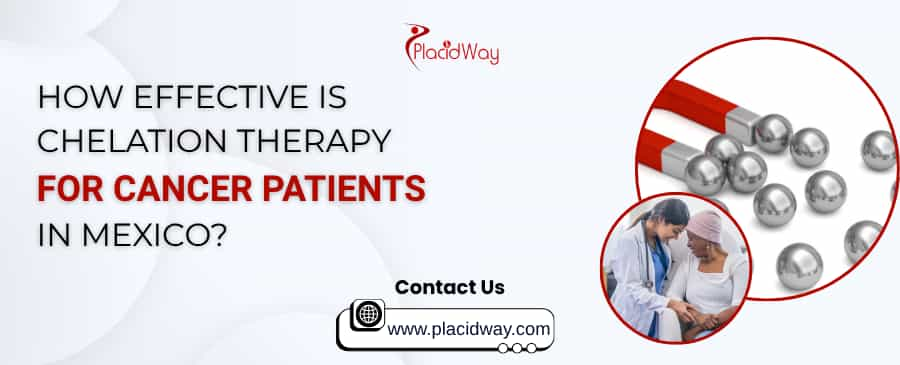
"Chelation therapy is not a recognized or scientifically proven primary treatment for cancer; while used in some Mexican clinics, there is insufficient evidence to support its effectiveness for cancer."
In the quest for effective cancer treatments, many individuals explore a variety of options, including those offered in other countries. Chelation therapy, a procedure primarily used to remove heavy metals from the body, is sometimes promoted in clinics in Mexico as an alternative or complementary cancer treatment. However, it is crucial to understand that chelation therapy is not scientifically recognized as a treatment for cancer by major medical organizations worldwide. This blog post aims to provide a comprehensive overview of chelation therapy, its established uses, and its purported role in cancer treatment, particularly in the context of clinics in Mexico, addressing common questions and providing factual insights. We will delve into the claims, scientific evidence, and important considerations for cancer patients considering such therapies.
What is Chelation Therapy and How Does It Work?
"Chelation therapy involves the intravenous or oral administration of chelating agents, which are chemical compounds that bind to heavy metals in the bloodstream, allowing them to be excreted from the body."
Chelation therapy is a medical procedure designed to remove heavy metals and other toxins from the body. It works by introducing specific chelating agents, such as EDTA (ethylenediaminetetraacetic acid), DMSA (2,3-dimercaptosuccinic acid), or DMPS (2,3-dimercaptopropane-1-sulfonate), into the bloodstream. These agents have a molecular structure that allows them to "grab onto" or bind with metal ions. Once bound, the newly formed complex is then eliminated from the body, typically through the kidneys and urine.
This therapy is a legitimate and FDA-approved treatment for specific conditions involving heavy metal poisoning, such as lead, mercury, iron, or arsenic toxicity. In these cases, the body accumulates dangerous levels of metals, leading to various health problems. Chelation therapy effectively helps reduce the burden of these toxic metals, alleviating symptoms and preventing further damage.
Is Chelation Therapy a Scientifically Proven Treatment for Cancer?
"No, chelation therapy is not a scientifically proven or recognized treatment for cancer by mainstream medical organizations globally, including those in the United States and Europe."
Despite its established use for heavy metal poisoning, there is a significant lack of robust scientific evidence from large, well-designed clinical trials to support the use of chelation therapy as a direct treatment for cancer. Major cancer research bodies and medical associations worldwide do not endorse chelation therapy for cancer. The premise often promoted by some alternative clinics is that cancer is linked to heavy metal toxicity or that chelating agents can directly kill cancer cells. However, these claims are largely unsubstantiated by rigorous research.
While some in vitro (test tube) or animal studies might explore the potential of certain chelating agents to affect cancer cells, these findings do not translate directly to human efficacy or safety in a clinical setting. The complex nature of cancer requires treatments that specifically target cancer cells without causing undue harm to healthy tissues, and chelation therapy has not demonstrated this selective effect for cancer.
Why Do Some Clinics in Mexico Offer Chelation Therapy for Cancer?
"Some clinics in Mexico offer chelation therapy for cancer as part of alternative or integrative treatment protocols, often based on theories that are not supported by mainstream scientific evidence."
Mexico has become a destination for individuals seeking alternative cancer treatments, partly due to less stringent regulations compared to countries like the United States or Canada. This allows clinics to offer therapies that may not have undergone the rigorous testing and approval processes required elsewhere. Clinics offering chelation therapy for cancer often operate under the belief that heavy metal accumulation contributes to cancer development or that detoxification is key to combating the disease. They may present anecdotal testimonials or theories linking environmental toxins to cancer, positioning chelation therapy as a solution for "detoxifying" the body to fight cancer.
These clinics frequently integrate chelation therapy with other unproven or complementary treatments, such as high-dose vitamin infusions, ozone therapy, and specialized diets, creating a comprehensive but often scientifically unsupported package of care. Patients, feeling limited by conventional options or seeking alternatives with fewer side effects, may turn to these clinics in hopes of finding a cure or improving their quality of life.
What Are the Claims Made by Proponents of Chelation Therapy for Cancer?
"Proponents of chelation therapy for cancer often claim it can remove heavy metals believed to contribute to cancer growth, reduce oxidative stress, and boost the immune system."
The claims surrounding chelation therapy for cancer generally revolve around a few key ideas:
-
Detoxification from Heavy Metals: It's asserted that heavy metals accumulate in the body and create an environment conducive to cancer growth. Chelation therapy is then presented as a way to remove these metals, thereby hindering cancer progression.
-
Reduction of Oxidative Stress: Some proponents suggest that heavy metals generate free radicals, leading to oxidative stress and cellular damage, which can contribute to cancer. By removing these metals, chelation therapy is claimed to reduce oxidative stress and support cellular health.
-
Immune System Enhancement: It is sometimes claimed that chelation therapy can "cleanse" the body and, in turn, strengthen the immune system, enabling it to better fight cancer cells.
-
Improved Efficacy of Other Treatments: In some integrative settings, chelation therapy might be presented as a way to make the body more receptive to other cancer treatments, whether conventional or alternative.
It's important to reiterate that these claims, while appealing, lack substantial scientific backing in the context of cancer treatment.
What Are the Potential Risks and Side Effects of Chelation Therapy?
"Chelation therapy carries potential risks and side effects, including kidney damage, dangerously low blood sugar, electrolyte imbalances, allergic reactions, and in severe cases, even death, especially when used improperly or for unapproved conditions."
Even when used for its approved indications (heavy metal poisoning), chelation therapy is a powerful medical procedure that must be administered under strict medical supervision. When used for unproven conditions like cancer, the risks can be amplified. Potential side effects and risks include:
-
Kidney Damage: The kidneys are responsible for filtering the chelated complexes from the blood. Excessive or improper chelation therapy can put a strain on the kidneys, potentially leading to kidney failure.
-
Electrolyte Imbalances: Chelating agents can bind to and remove essential minerals like calcium, magnesium, and zinc, leading to dangerous electrolyte imbalances that can affect heart function and overall health.
-
Hypocalcemia (Low Calcium): A significant drop in calcium levels can lead to muscle cramps, spasms, heart arrhythmias, and seizures.
-
Hypoglycemia (Low Blood Sugar): Especially when administered with certain agents, chelation therapy can cause a sudden and severe drop in blood sugar.
-
Allergic Reactions: Patients can experience allergic reactions to the chelating agents, ranging from mild skin rashes to severe anaphylaxis.
-
Dehydration: The process of excretion can lead to dehydration if fluid intake is not properly managed.
-
Infection: As with any intravenous therapy, there's a risk of infection at the injection site or a systemic infection.
-
Interaction with Medications: Chelation therapy can interfere with the effectiveness of other medications, including those for cancer, heart conditions, or diabetes.
-
Death: In rare but documented cases, severe complications, particularly from improper administration or underlying health issues, have led to fatalities.
These risks highlight the critical need for medical oversight and a clear, evidence-based reason for undergoing the therapy.
How Does Chelation Therapy Compare to Conventional Cancer Treatments?
"Conventional cancer treatments, such as surgery, chemotherapy, radiation therapy, immunotherapy, and targeted therapy, are backed by extensive scientific research and clinical trials, demonstrating their efficacy and safety in treating various types of cancer, whereas chelation therapy lacks such evidence for cancer."
The fundamental difference lies in the scientific validation and regulatory approval. Conventional cancer treatments undergo rigorous testing, including preclinical studies and multiple phases of clinical trials, to prove their safety, efficacy, and optimal dosing. These treatments are specifically designed to target cancer cells, shrink tumors, prevent metastasis, and improve patient survival and quality of life. Their mechanisms of action are well-understood, and their benefits generally outweigh their risks when administered by qualified oncologists.
In contrast, chelation therapy for cancer does not have this level of scientific support. While some alternative clinics may promote it, it is not part of the standard of care for any type of cancer. Relying solely on chelation therapy for cancer could mean delaying or foregoing proven treatments, which can have severe and irreversible consequences for a patient's prognosis.
What Should Cancer Patients Consider Before Seeking Chelation Therapy in Mexico?
"Cancer patients considering chelation therapy in Mexico should carefully research the scientific evidence, discuss all treatment options with their primary oncologist, be wary of clinics making exaggerated claims, and understand the potential risks and costs involved."
Before traveling to Mexico or any other country for chelation therapy for cancer, patients should consider the following:
-
Lack of Scientific Evidence: The most important consideration is the absence of robust, independent scientific evidence supporting chelation therapy as an effective cancer treatment.
-
Consult Your Oncologist: Always discuss any alternative or complementary treatments with your current oncology team. They can provide guidance based on your specific cancer type, stage, and overall health, and help you understand potential interactions with conventional treatments.
-
Clinic Accreditation and Regulation: Research the accreditation and regulatory oversight of clinics in Mexico. While some clinics may have certifications, these do not necessarily equate to recognition or endorsement of their cancer treatments by international medical bodies. Mexico's regulatory environment for alternative therapies can be less strict.
-
Exaggerated Claims: Be skeptical of clinics that promise "cures" or make grand claims without providing verifiable, peer-reviewed scientific data.
-
Cost: Chelation therapy and other alternative treatments can be very expensive, and they are typically not covered by health insurance. Patients should be prepared for significant out-of-pocket costs.
-
Travel and Logistics: Consider the logistical challenges of receiving treatment abroad, including travel, accommodation, language barriers, and access to follow-up care once you return home.
-
Potential for Harm: Understand the serious risks and side effects associated with chelation therapy, especially when not medically necessary or administered incorrectly.
-
Delaying Proven Treatments: Choosing unproven therapies over conventional, evidence-based treatments can lead to a delay in effective care, allowing cancer to progress and potentially making it harder to treat later.
Are There Any Circumstances Where Chelating Agents Are Used in Cancer Care?
"Yes, certain chelating agents are used in conventional cancer care, but primarily to manage specific side effects of chemotherapy or to address iron overload, not as a direct anti-cancer treatment."
While chelation therapy is not a cancer treatment itself, some chelating agents do have specific, approved roles within conventional oncology:
-
Dexrazoxane: This chelating agent is FDA-approved to reduce the risk of cardiomyopathy (heart muscle damage) caused by certain chemotherapy drugs, particularly anthracyclines like doxorubicin. It chelates iron, which is thought to contribute to the cardiotoxicity of these drugs.
-
Deferoxamine (DFO) and Deferasirox: These agents are used to treat iron overload, a condition that can arise in cancer patients who receive frequent blood transfusions (e.g., those with myelodysplastic syndromes or certain leukemias). Excess iron can damage organs, and these chelators help remove it.
-
Research into Novel Chelators: Scientists are researching new chelating compounds that might have direct anti-cancer properties by targeting metal ions that cancer cells rely on for growth and proliferation. However, these are experimental and not yet part of standard clinical practice.
It is crucial to distinguish these specific, evidence-based applications of chelating agents within conventional medicine from the broader, unproven claims of chelation therapy as a direct cancer cure or treatment.
What Medical Organizations Comment on Chelation Therapy for Cancer?
"Major medical organizations such as the American Cancer Society (ACS), National Cancer Institute (NCI), and Cancer Research UK consistently state that chelation therapy is not an effective or recommended treatment for cancer."
These organizations, along with many others globally, base their recommendations on a thorough review of scientific evidence from clinical trials and research studies. They highlight the lack of proven benefit and the potential for harm when chelation therapy is used for cancer. Their stance is clear: patients should rely on evidence-based treatments provided by qualified oncologists. Information from reliable sources like the American Cancer Society and the National Cancer Institute is essential for patients making informed decisions about their cancer care.
Is There Any Research Supporting Chelation Therapy for Cancer in Mexico?
"There is no independent, peer-reviewed, and scientifically robust research from Mexico or elsewhere that demonstrates chelation therapy effectively treats cancer."
While clinics in Mexico may present their own "studies" or anecdotal success stories, these are typically not published in reputable medical journals, nor do they follow the rigorous methodology required for scientific validation (e.g., randomized controlled trials, large sample sizes, blinding, and independent verification). Any claims of success should be viewed with extreme caution unless supported by verifiable and widely accepted scientific evidence. The absence of such evidence is a significant red flag for any treatment claiming to cure or significantly impact cancer.
What are the Alternatives to Chelation Therapy for Cancer Patients?
"The primary alternatives to chelation therapy for cancer patients are conventional, evidence-based treatments such as surgery, chemotherapy, radiation therapy, immunotherapy, and targeted therapies, which have been rigorously tested and proven effective."
For individuals diagnosed with cancer, the most effective and scientifically supported path involves conventional oncology treatments. These include:
-
Surgery: To remove tumors.
-
Chemotherapy: Medications that kill fast-growing cells, including cancer cells.
-
Radiation Therapy: High-energy rays to kill cancer cells.
-
Immunotherapy: Treatments that boost the body's natural defenses to fight cancer.
-
Targeted Therapy: Drugs that specifically target cancer cells based on their unique genetic or molecular characteristics.
-
Hormone Therapy: Used for hormone-sensitive cancers to block hormones that fuel cancer growth.
Beyond these, supportive care, palliative care, and legitimate complementary therapies (like acupuncture for nausea, massage for pain, or mindfulness for stress reduction) can improve quality of life during treatment, but they are not intended to cure cancer. It is essential to differentiate between complementary therapies that support well-being and alternative therapies that claim to cure cancer but lack scientific proof.
Can Chelation Therapy be Combined with Conventional Cancer Treatments?
"Combining chelation therapy with conventional cancer treatments is generally not recommended by mainstream oncologists due to the lack of evidence for benefit, potential for harmful interactions, and interference with the efficacy of proven therapies."
While some alternative clinics in Mexico may propose combining chelation therapy with conventional treatments, this approach carries significant risks. There is no scientific evidence to suggest that chelation therapy enhances the effectiveness of chemotherapy, radiation, or other standard cancer therapies. In fact, it could potentially interfere with them by altering the body's chemistry or reducing the absorption or efficacy of prescribed medications. Furthermore, the side effects of chelation therapy could exacerbate the side effects of conventional treatments, making the patient sicker and compromising their ability to continue necessary, life-saving care. Any decision to combine treatments should always be made in close consultation with a qualified oncologist who can assess the risks and benefits based on scientific evidence.
Understanding the Regulatory Landscape in Mexico for Alternative Cancer Treatments
"The regulatory landscape for alternative cancer treatments in Mexico is less stringent than in many Western countries, allowing clinics to offer therapies like chelation therapy for cancer without the same level of scientific validation or oversight."
In Mexico, healthcare regulations regarding alternative and complementary therapies can differ significantly from those in the United States, Canada, or European countries. This difference in regulation can allow clinics to offer treatments that have not been approved or extensively tested by stricter regulatory bodies. While Mexico has its own health authorities, the enforcement and scientific rigor applied to alternative cancer treatments may not match the standards for conventional medical practice. This environment can make it appealing for patients seeking options not available or approved elsewhere, but it also places a greater burden on the patient to exercise extreme caution and conduct thorough independent research on the credibility and safety of the treatments offered.
What is the Overall Consensus on Chelation Therapy for Cancer?
"The overwhelming consensus among the international medical and scientific community is that chelation therapy is not an effective treatment for cancer and should not be used as such."
The collective view of established medical organizations, research institutions, and regulatory bodies worldwide is consistent: chelation therapy lacks the scientific evidence to support its use as a cancer treatment. Its proven application is limited to treating specific conditions of heavy metal poisoning. While the desire to explore all possible avenues for cancer treatment is understandable, it is crucial to prioritize therapies that have demonstrated efficacy and safety through rigorous scientific investigation. Patients are encouraged to engage in open and honest conversations with their oncology team about all treatment options and to seek information from trusted, evidence-based sources.
For those exploring medical travel or seeking specialized healthcare services, PlacidWay offers a comprehensive platform to explore a wide range of treatment options and destinations. PlacidWay helps connect patients with accredited clinics and hospitals globally, ensuring access to quality medical information and transparent choices for their healthcare journey.


.png)
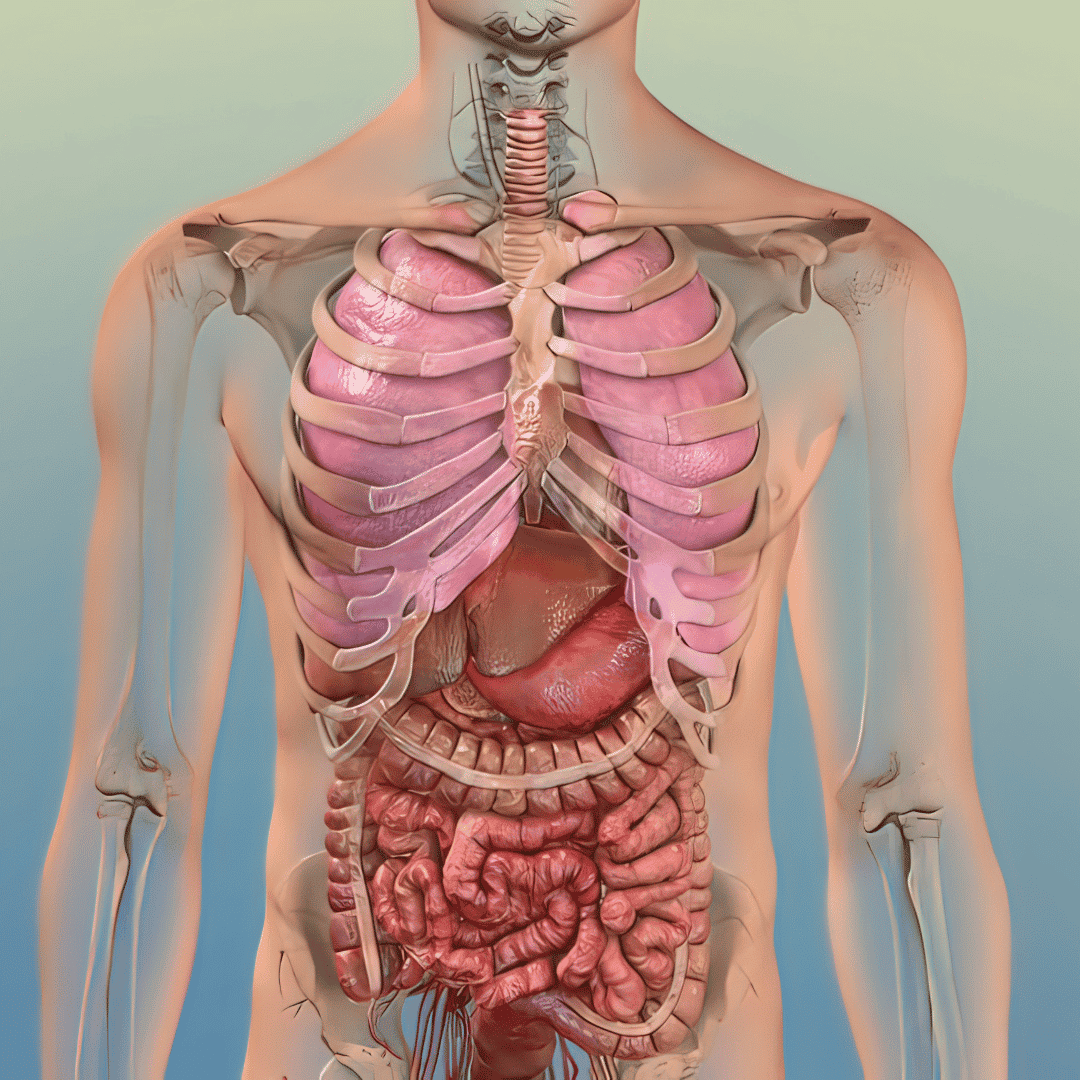

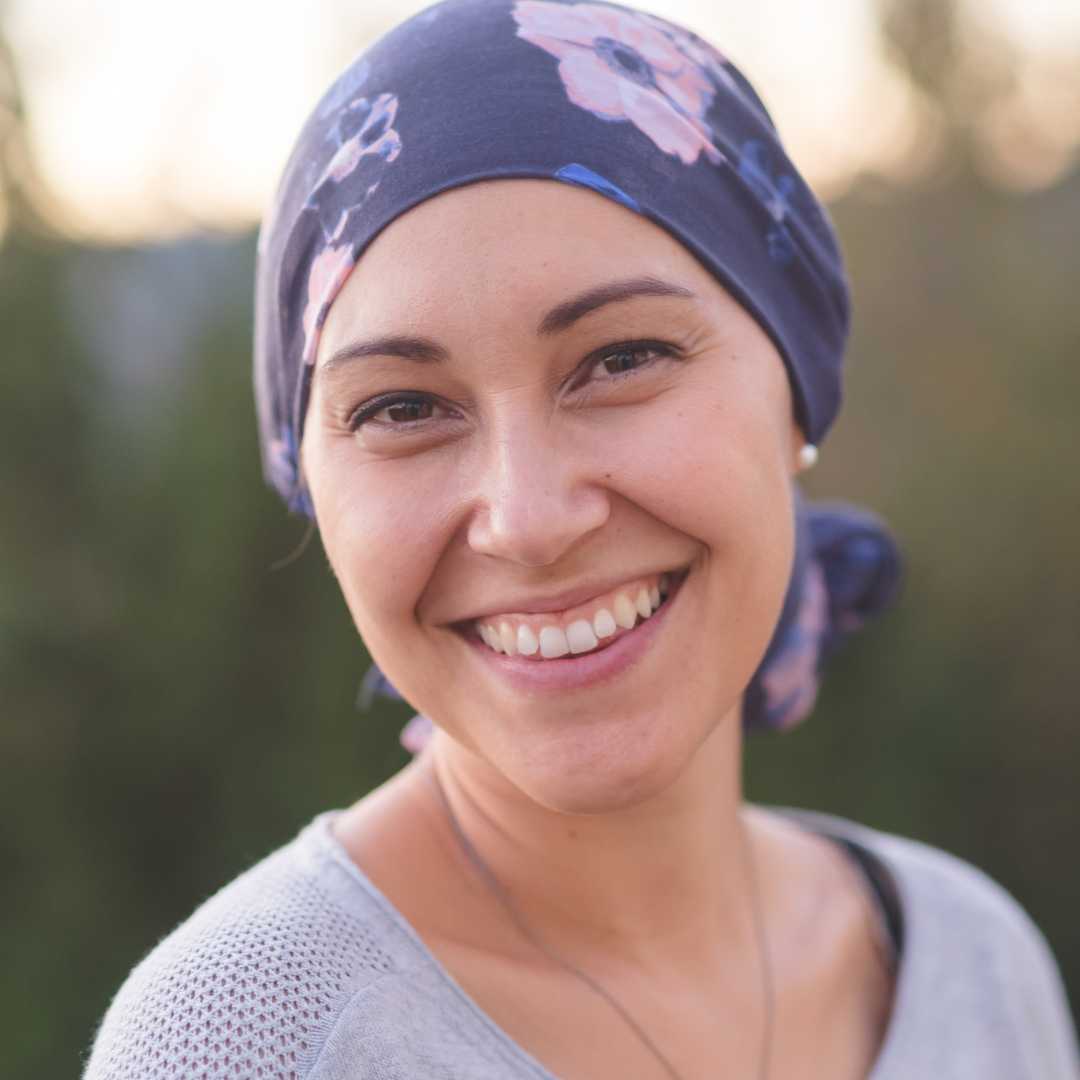





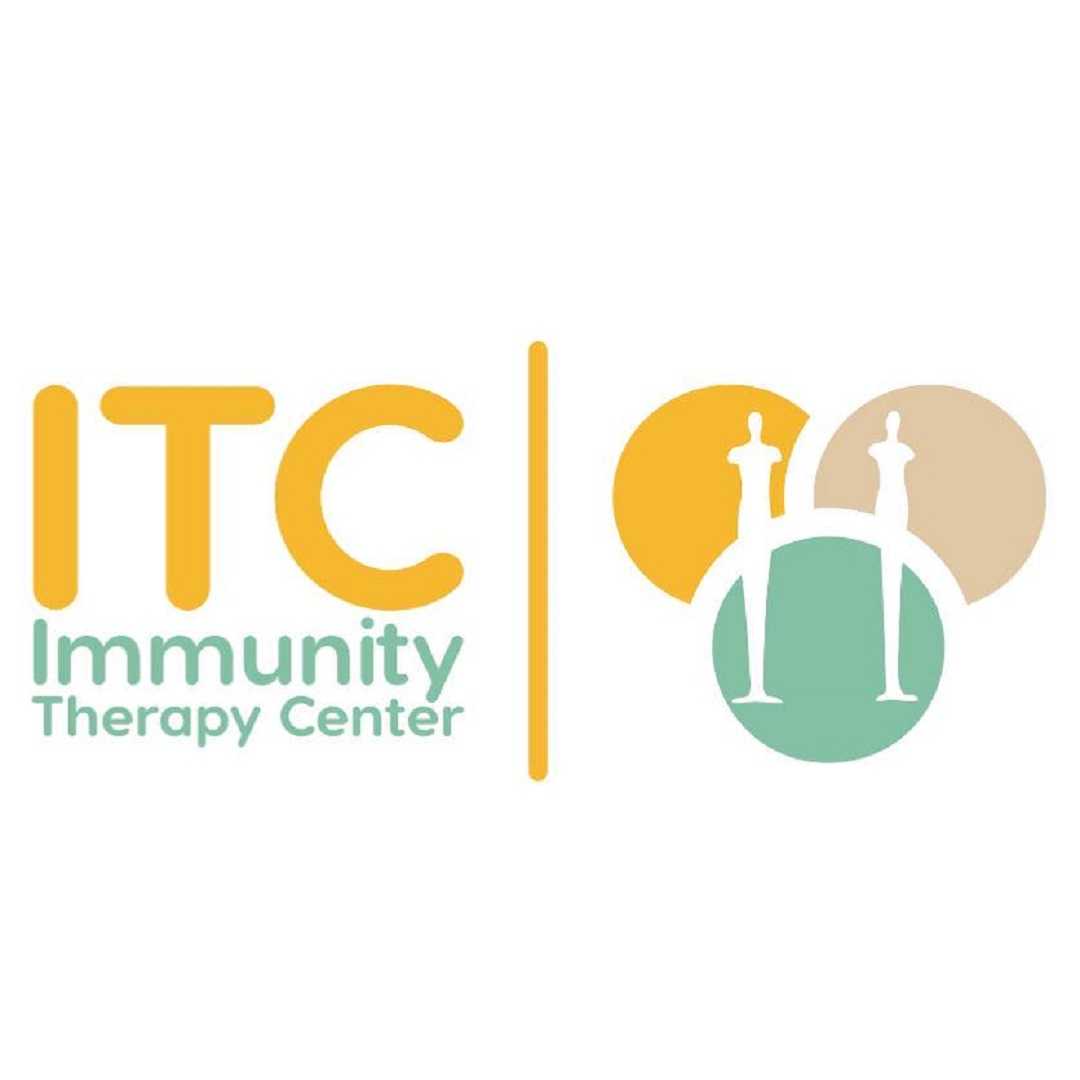
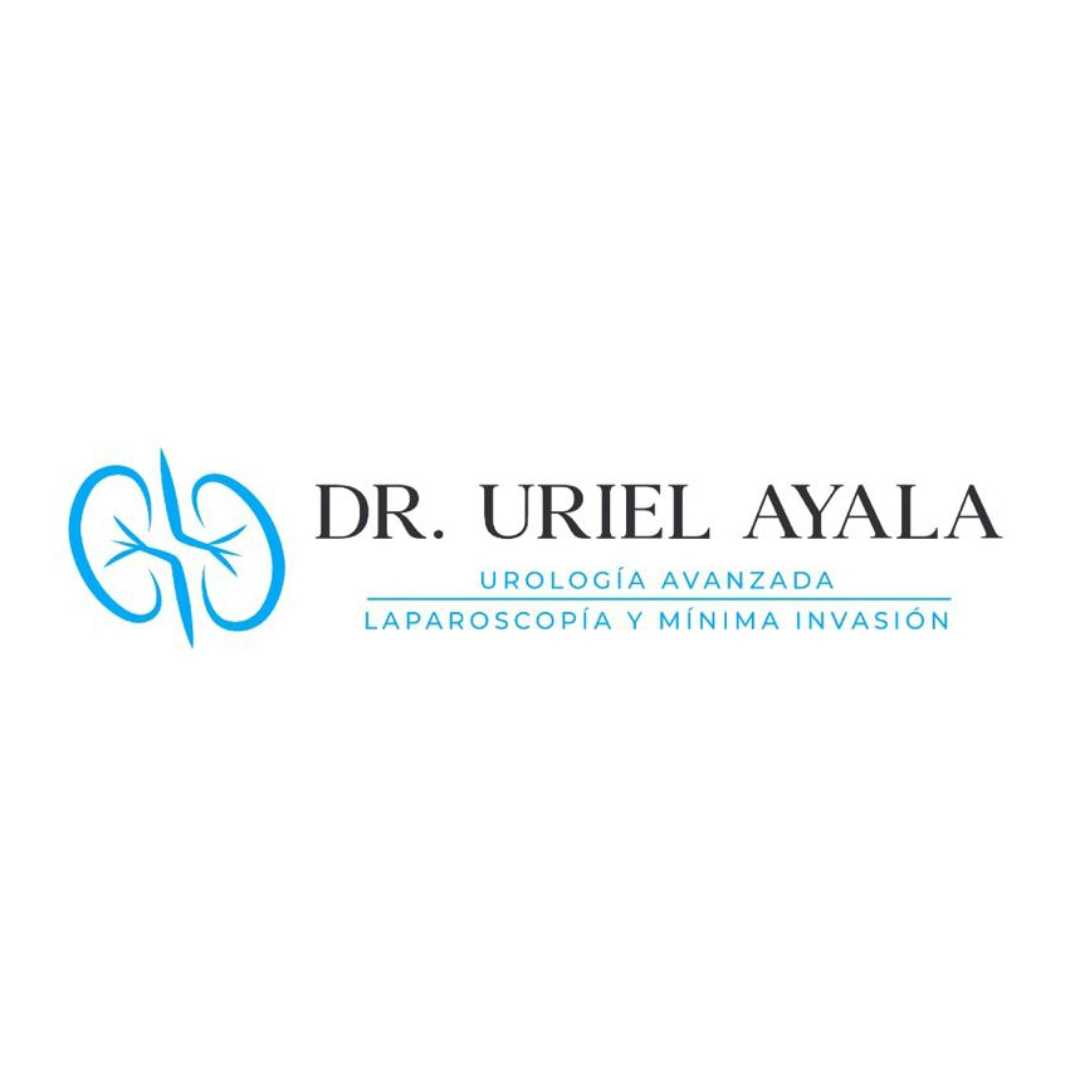

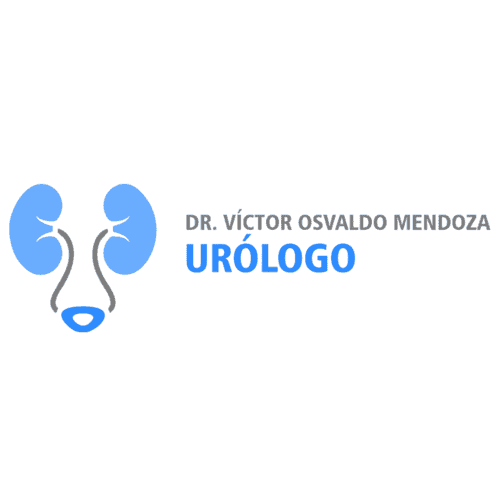
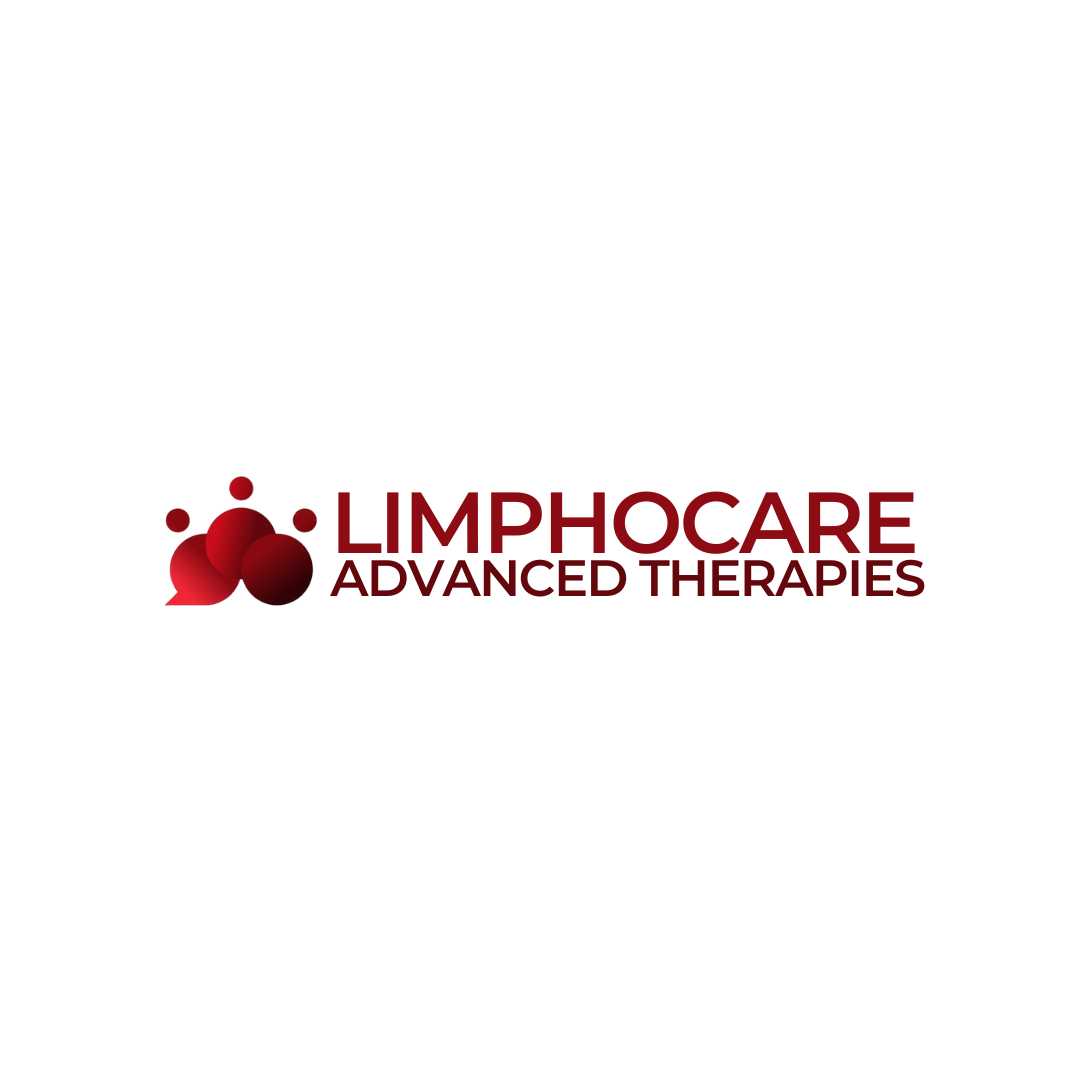

Share this listing